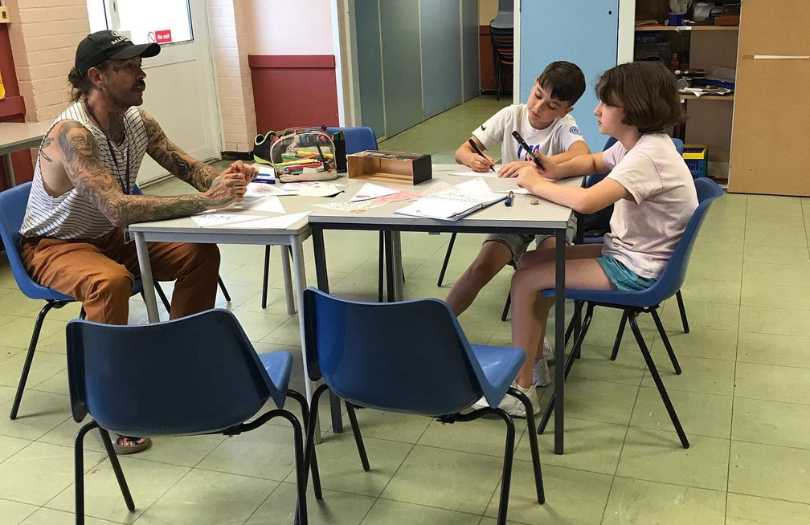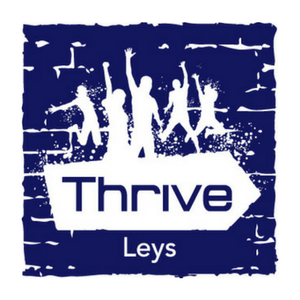Changing school is a big step for all children, but those coming from the villages can be especially apprehensive, and post covid the children are more vulnerable and less resilient. These villages may seem affluent from the outside, however analysis of postcode level data shows that there are significant levels of deprivation. This is borne out by the high levels of pupil premium (funding to improve education outcomes for disadvantaged pupils in schools in England) across these schools. These children are emerging from two years of disrupted social interactions due to the lockdowns during the pandemic and are just starting to settle into their friendship groups they will soon leave.
Abingdon DAMASCUS Youth Project is rooted within the villages and has engagement with the families through working with older siblings. They recognise the need for community support as these youngsters leave the cocoon of a small rural primary to start a large secondary in town. The children said that they get very nervous – during the pandemic they have struggled to establish friendship groups having been isolated from their peers for so long. Families expressed a wish for a transition project that supports young people within the villages and headteachers of the local primary schools welcomed a much-needed community resource.on have the dynamic disrupted with the transition to secondary school.
Swathes of research has been done around identifying factors that contribute to a successful primary to secondary transition. It suggests there is a need to help children develop their social and personal skills (friendships, self-esteem, and confidence). This needs to continue beyond the school gate, especially where there are vulnerabilities and/or a lack of support in the home.
The Didcot Powerhouse Fund was set up by Didcot First through an Advisory Group to tackle inequality and deprivation within the Garden Town Area of Influence in Didcot. The fund is held and managed by Oxfordshire Community Foundation.
Didcot has pockets of poverty that fall in the lowest 20% ranking of the Index of Multiple Deprivation in England, whilst adjoining neighbourhoods feature in the top 20%, highlighting poverty disparity. Agencies on the ground are working hard to address this, but additional financial and practical support is urgently needed to help with levelling up.
Together they want to ensure Didcot becomes a more inclusive and sustainable community and The Didcot Powerhouse Fund hopes to accelerate this by attracting funding from a wide range of sources. The annual theme for 2022 was ‘Supporting children, young people, and families as we emerge from the pandemic’.
In its first year of grant-giving, a total of £95,000 was awarded to 17 organisations serving the Didcot Garden Town Area of Influence, with grants ranging from £400 to £13,000. Abingdon DAMASCUS Youth Project was awarded £5,000 and supported around 100 children and their families.
There were three parts to their project:
- Delivering workshops in the schools to Year 6 children exploring feelings around independence, increased responsibility for self, social changes and different school system, including the onset of adolescence and the accompanying surge of emotions.
- Summer activities included travelling on the bus, getting used to navigating in unfamiliar places – understanding risk taking and protective behaviours. Plus activities that encourage team building and making friends.
- Once in Year 7, the young people were met off the school bus to have a conversation directly with the youth workers on any needs or issues. Parents were also invited to workshops on Parenting the Adolescent Mind.
National research bases its investigations on the dynamics and quality of the school-child-parent relationship. Abingdon DAMASCUS Youth Project worked with the schools to assess impact of their interventions and, from their long experience, feel that the non-judgemental community support provided by qualified youth workers should be part of that transitional support.
The key to the success of any project is the ethos, culture and competencies of those delivering the project. Their qualified youth workers have lived experiences of the challenges young people face and are generationally close to them, so understand the vulnerabilities and risks. Young people respond to their style of communication as they see them as credible role models.
Young people will also be in the driving seat of the project and the details of the activities will be worked on with them, giving opportunities for community leadership.










